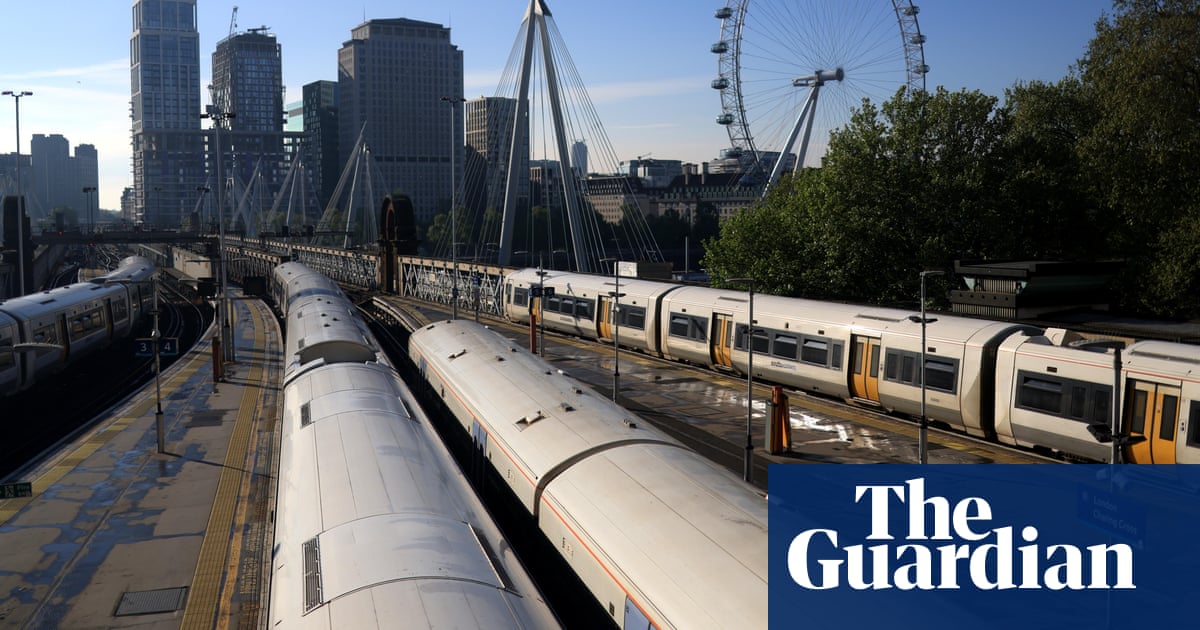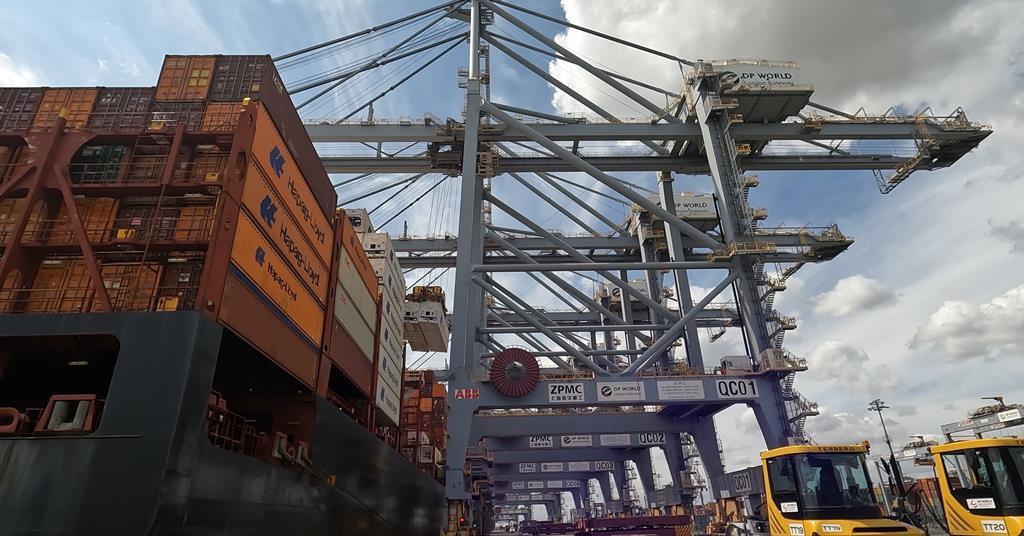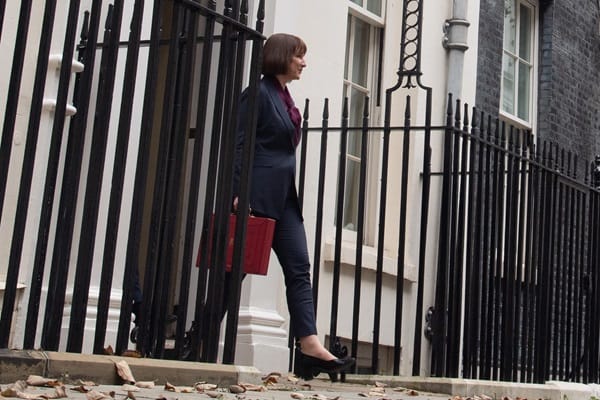Travel
Train strikes to halt most trains in south-east England on Tuesday

Most trains will not run in south-east England on Tuesday – including on key commuter routes in and out of London – after train drivers embarked on three days of rolling strikes at national rail operators.
Drivers in the Aslef union are striking for 24 hours at each English operator between Tuesday and Thursday, while continuing a week-long nationwide overtime ban that started on Monday, as part of a long-running pay dispute.
Rail passengers have been advised to check before travel, with the overtime ban causing additional disruption and reduced timetables in various places around the country where operators depend on voluntary shifts to run some services.
Most operators will not run any trains on their strike days, meaning some cross-border services to Wales and Scotland will be hit later in the week.
Commuters into the capital will be the biggest group affected by Tuesday’s strike. It will stop all services on c2c, Great Northern and Gatwick Express, and all bar a handful of trains on some routes run by on Greater Anglia, Thameslink, Southeastern, Southern and South Western.
Train operators have urged people not to attempt travel unless absolutely necessary. A group representing firms in the capital, BusinessLDN, said the impact of the strikes would be “felt even more acutely by many owing to a shorter working week” after the Monday bank holiday.
Wednesday’s action will stop many long-distance trains reaching as far as Wales and Scotland, as well as services in the Midlands, when drivers strike for 24 hours at Avanti West Coast, Chiltern Railways, CrossCountry, East Midlands Railway, Great Western Railway and West Midlands Trains.
None plan to run any trains apart from GWR, which will run an extremely limited service. Drivers will also strike at Heathrow Express, which will halve its schedule, although Elizabeth line trains to the airport will run.
Much of the north will be hit on Thursday with no trains at all on Northern or TransPennine Express, and a limited service on LNER which runs routes between London, the north-east of England and Scotland.
Some disruption is likely on the days either side of every operator’s 24-hour stoppage, while the overtime ban will continue until the end of Saturday.
Aslef has said drivers would continue to strike for an improved pay offer, with some of its members now going five years without a pay increase.
Negotiations broke down a year ago after Aslef rejected a “risible” offer, although the industry made a tentative approach to restart talks last week. The Rail Delivery Group (RDG), which represents train operating companies, said it had emailed union leaders “to try and find areas of common ground that will allow us to move to formal negotiations”.
The Aslef general secretary, Mick Whelan, said he welcomed the approach and would engage, but the government, which tightly controls its contracted operators, has frequently made clear it does not expect to renegotiate the pay increase.
The wave of action is the fourth week of rolling strikes staged by Aslef since December, after it altered its tactics in a dispute that has lasted almost two years. Train drivers voted by an overwhelming majority in February to continue striking.
Whelan told the Guardian: “What else can we do? We’re 22 months into this. There are two choices, do something or do nothing. Our members want us to continue to do something. That’s what we’ll do.
“If we stop tomorrow, would it then mean we went a further half a decade without a pay rise? We didn’t create the situation. The government decided that they want to hurt the industry, take the trade unions on unnecessarily, for reforms that have no benefit to the travelling public or taxpayer, or the people that work within the industry.”
An RDG spokesperson said the strikes would only inflict further damage on the railway, with the industry still receiving around £50m a week in extra subsidy from the state after revenues dropped during Covid.










